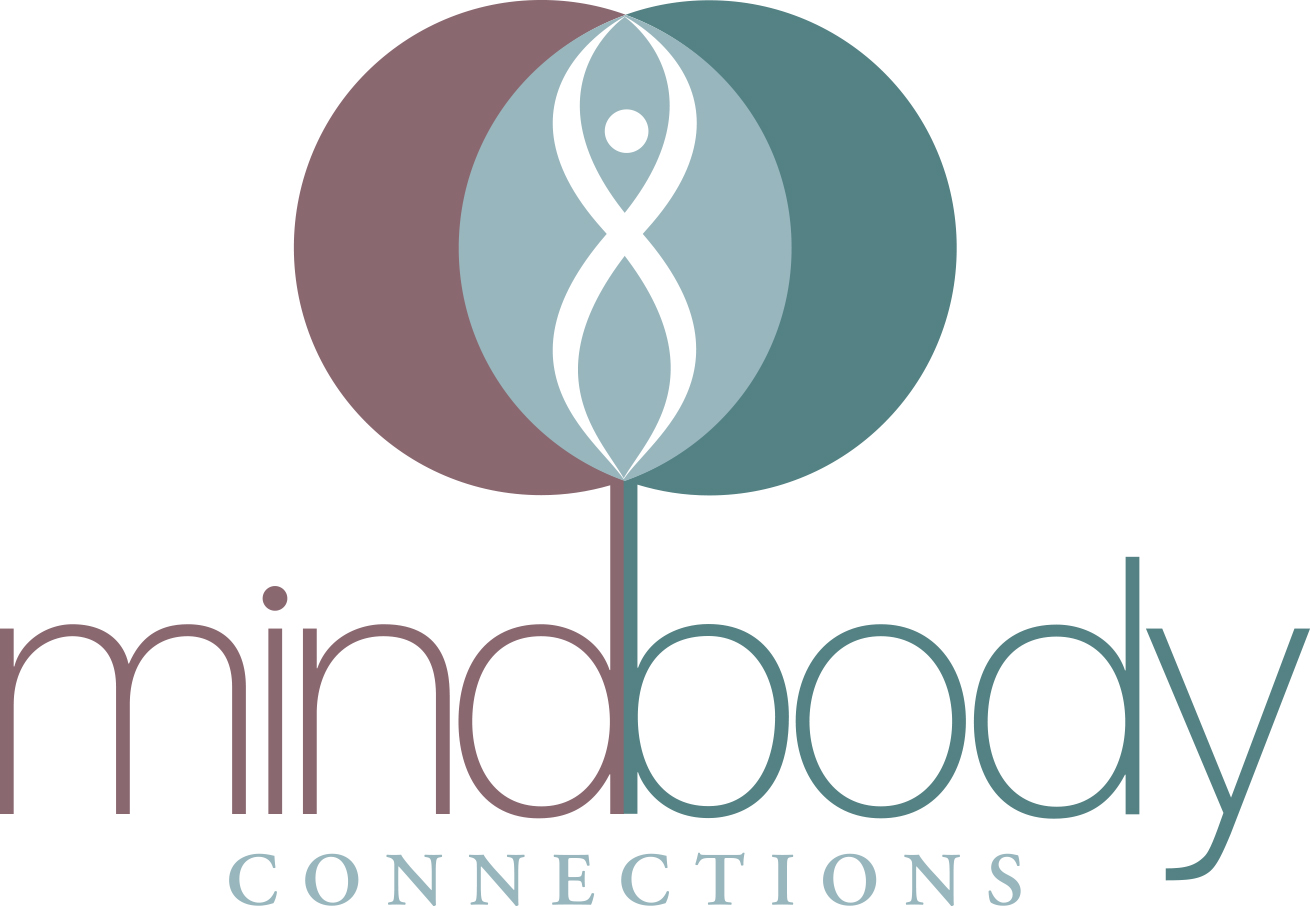Finding Better Ways to Drive Positive Change and Overall Wellbeing
Your therapeutic journey means developing relationships—connecting your body, mind, and spirit, reuniting with your creativity and expression, and collaborating with a healthcare professional to discover empowering resources for a successful journey towards optimal health and well-being. Here are our areas of expertise at Mind Body Connections:


Acceptance and Commitment Therapy
In this action-oriented approach, “clients learn to stop avoiding, denying, and struggling with their inner emotions a

Art Therapy
Art therapy focuses on activating inner strengths and abilities through the creative process. Participants may use crayons, markers, paint, pastels

Attachment Theory
Attachment theory states that a strong emotional and physical attachment to at least one primary caregiver is critical to personal development.

Body-Centered Psychotherapy
This term describes therapeutic approaches that integrate a client’s physical body into the therapy process. At the foundation of the mind-body connection,

Cognitive Behavioral Therapy
One of the most highly researched evidence-based forms of therapy, cognitive behavioral therapy (CBT) helps the client to identify how thoughts affect behavior.

Dance/Movement Therapy
Based on the empirically supported premise that the body, mind, and spirit are interconnected, the American Dance Therapy Association defines DMT as “the psychotherapeutic

Dialectical Behavioral Therapy
In dialectical behavioral therapy (DBT), clients learn mindfulness, distress tolerance, emotion regulation, and interpersonal effectiveness skills to help

Internal Family Systems
The goal of internal family systems (IFS) therapy is to achieve balance and harmony within the internal system by differentiating and elevating the Self so that it can be an

Mindfulness
When we use the term mindfulness, we refer to “an openhearted, moment to moment, non-judgmental awareness” (Kabat-Zinn, 2005, p. 24).

Person-Centered Therapy
This type of therapy uses a non-authoritative approach that allows clients to take more of a lead in discussions so that, in the process, they will discover their own solutions.

Relational-Cultural Model
Originally named the Feminist Perspective, this theory suggests that relationship is at the core of healthy growth and development. It has a strong connection to

Trauma-Informed Therapy
Trauma-informed care is an approach that aims to engage people with histories of trauma, recognize the presence of trauma symptoms, and acknowledge the role that trauma has
“Because we are relational beings, and all healing takes place within relationships, the skills that you learn inside the therapy room will be transferred outside and into your own life experiences and relationships.”
–Stacey M. Hurst, LCPC, BC-DMT, GL-CMA
